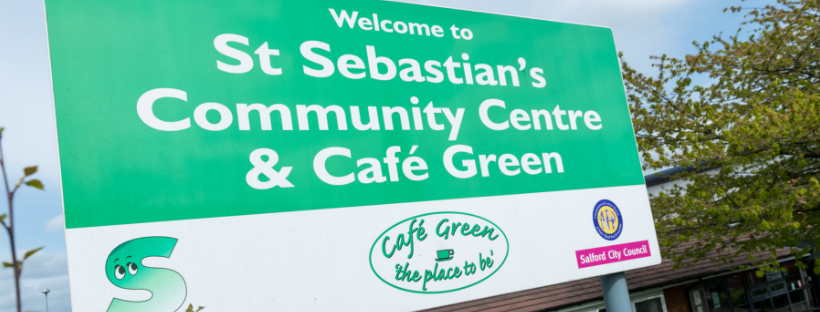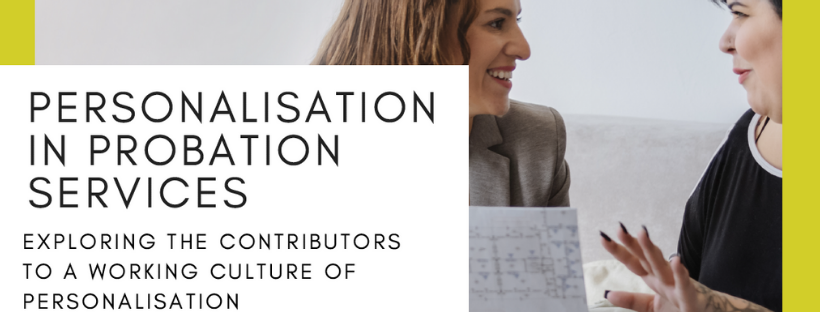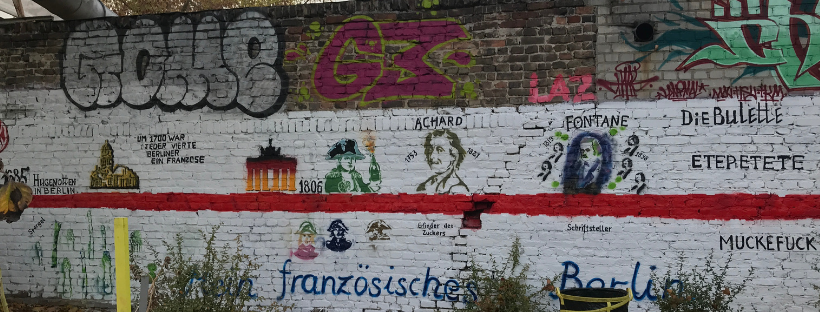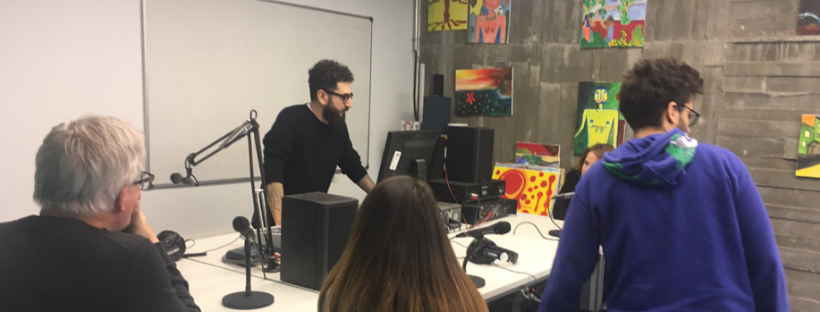EXPLORING PHYSICAL AND SOCIAL CHANGE IN CHALK

Is physical change a celebration or challenge to our neighbourhood? Have we lost our social connections or are they just different? What is my role in, and responsibility to my community?
As part of the VOICITYS project, People’s Voice Media and Inspiring Communities Together have been using Community Reporting to gather stories about what life is like in Charlestown and Lower Kersal (CHALK) and have interviewed local leaders and decision-makers about their experiences of working in the area. From these stories and interviews, it was clear that the area had seen a lot of physical and social change over the years and we’d like to you to help us explore these topics further.
We’re inviting you to a Conversation of Change event in which you will listen to some of the stories gathered, explore the points raised in the interviews and have the opportunity to share your own perspectives. As part of this participatory workshop, we will discuss what we have learned from the research and what we can do at a local level in response to these findings. Together we will co-create ideas for overcoming the issues presented and build on the positive things already taking place. This will help us to make a set of recommendations for key policy drivers for the area.
Exploring Physical and Social Change in CHALK: A Conversation of Change Event
Tuesday 26th February 2019 / 1pm – 3pm / St. Sebastian Community Centre 1 Douglas Green, Salford M6 6ES (Refreshments provided)
This event is being co-organised by People’s Voice Media and Inspiring Communities Together as part of the VOICITYS project that has been funded by The European Union’s Rights, Equality and Citizenship Programme 2014 – 2020.



